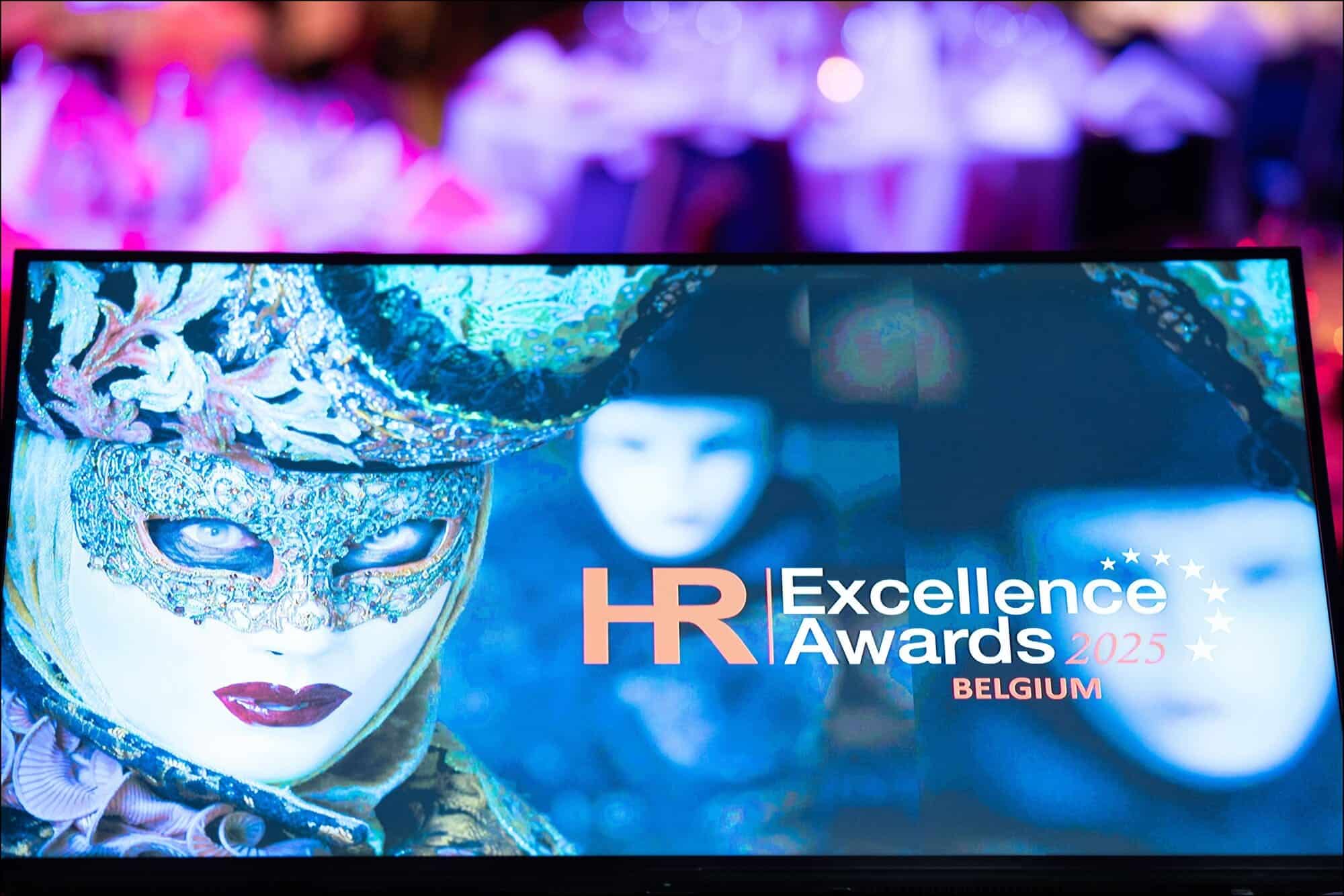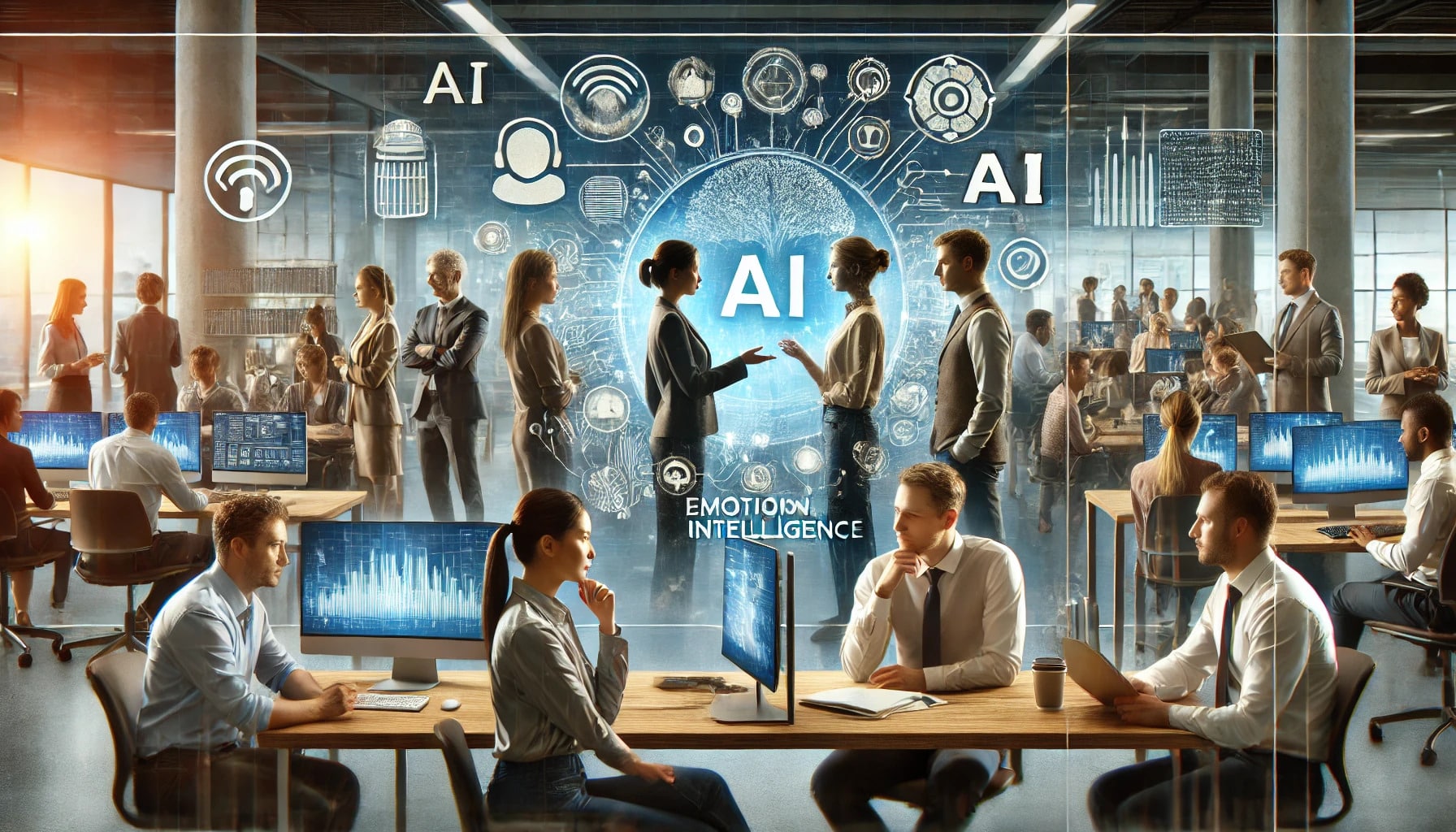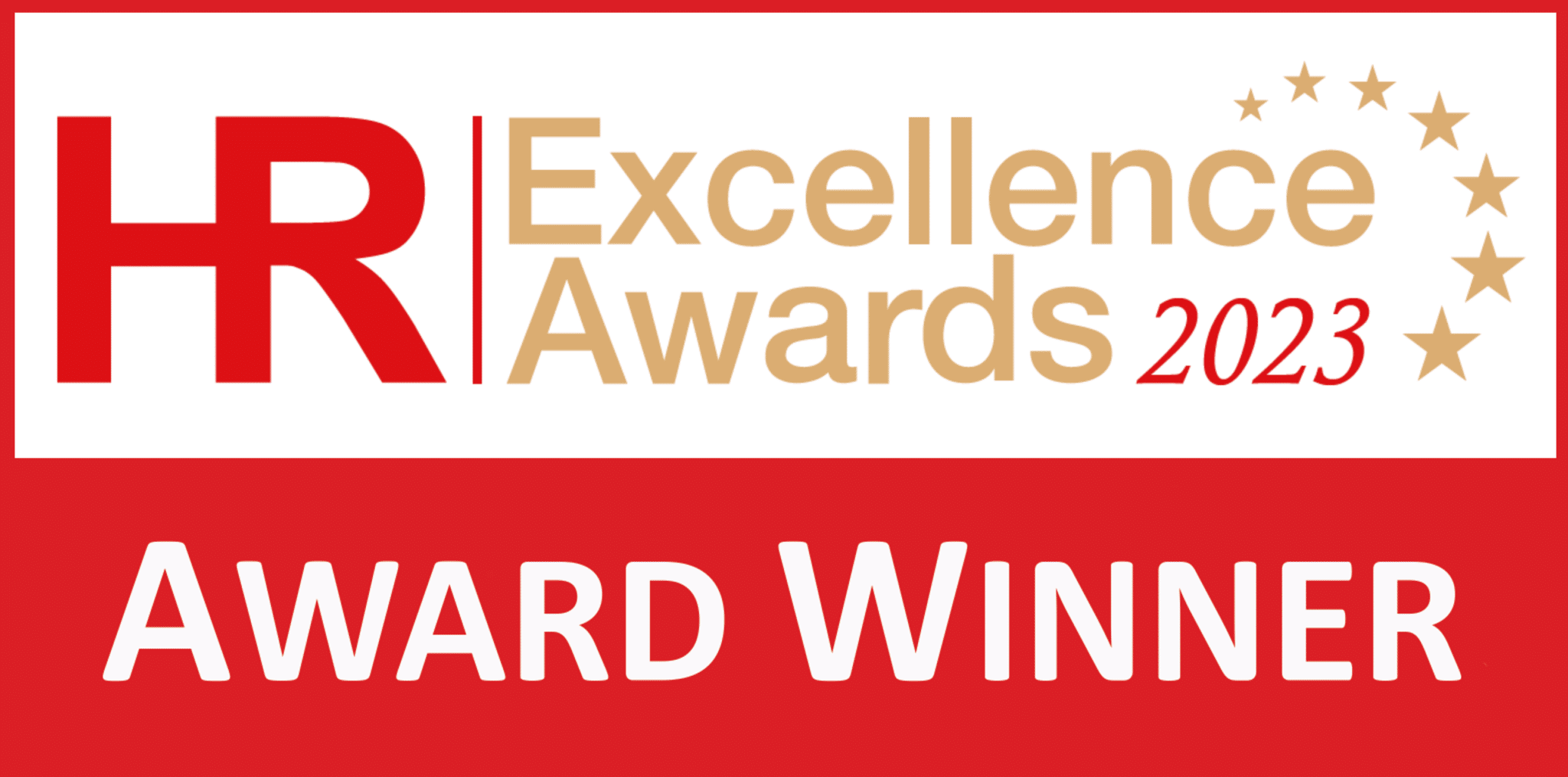
Artificial intelligence (AI) is revolutionizing many sectors today, and Human Resources (HR) is no exception to this transformation. Whether in recruitment, talent management, or performance improvement, AI is increasingly integrating into HR practices within large companies.
However, although AI can bring efficiency gains, it also raises ethical and practical questions, particularly regarding bias. According to a survey conducted by OpinionWay for Kelio, 76% of HR professionals express concerns about the use of AI, and 54% do not trust AI to deliver quality work.
Yet, despite the skepticism, 87% of HR professionals are willing to delegate certain administrative tasks to AI, such as drafting and posting job offers, as well as processing applications. This article explores how AI influences HR decisions and the challenges companies must face.
AI and HR: More efficient recruitment processes
One of the primary benefits of AI in HR is its ability to enhance the speed and efficiency of recruitment processes. With an ever-growing volume of applications, AI tools like Applicant Tracking Systems (ATS) enable companies to sort through CVs in record time. Algorithms identify the most relevant applications based on predefined criteria, freeing up recruiters’ time to focus on more in-depth candidate analysis.
Furthermore, AI also automates many repetitive tasks, including:
- Sending emails,
- Answering candidate questions via chatbots,
- Managing remote interviews,
- And more.
These tools are already being used by many large companies, such as Unilever, which has integrated AI-based tools to pre-select candidates from video interviews automatically analyzed by algorithms.
By integrating these tools, HR teams can focus their efforts on higher-value tasks, such as in-depth interviews and assessing soft skills.
AI for improving strategic HR decisions
Beyond recruitment, AI allows HR departments to make more informed decisions regarding talent management. For instance, employee performance analysis can be facilitated by AI tools that collect and analyze data related to productivity, job satisfaction, or training needs.
These algorithms can offer personalized recommendations for professional development or even predict employees likely to leave the company. This allows for proactive management by anticipating training needs or necessary team adjustments to maintain high motivation and productivity.
AI, by leveraging real-time data, can also analyze market trends and internal talent movements, helping companies plan their workforce management more strategically.
AI Bias in HR: an unavoidable issue
However, the use of AI in HR is not without risks. AI algorithms are not infallible and can be influenced by biases inherent in the data on which they are trained. A well-known example is Amazon, which had to abandon an AI-based recruitment tool because it favored male candidates, having learned from biased historical data where men were overrepresented in technical roles. This bias is one of the major concerns when discussing AI in this field. AI tools can perpetuate discrimination based on gender, age, or ethnicity if not properly managed, depending on the models they are trained on.
To mitigate these risks, HR professionals must closely monitor these systems and ensure that the data used is diverse and free from structural biases. Ultimately, it is crucial that AI-related HR tools are constantly reevaluated and that measures are in place to minimize these potential biases.
AI in HR and ethical decision-making
Another challenge related to the use of AI in HR concerns the ethical boundaries of automation. While AI is useful for analyzing large-scale data, it is crucial that final decisions remain in human hands. Human judgment and direct interaction with candidates or employees are essential elements for ensuring fair and ethical management.
HR experts must therefore play a supervisory role, ensuring that AI does not make unilateral decisions and that the tools used comply with the company’s ethical standards. AI should be seen as a decision support tool, not a complete substitute for human skills.
Conclusion
AI offers many advantages to HR departments in terms of speed, accuracy, and the ability to analyze vast amounts of data. However, it also presents challenges, particularly in terms of bias and ethical decision-making. HR professionals must ensure that these technologies are used responsibly, always keeping in mind that human decisions must prevail in the most critical processes.
By training HR teams in the use of these new tools and implementing safeguards against bias, companies can fully benefit from artificial intelligence while ensuring ethical and inclusive talent management.



